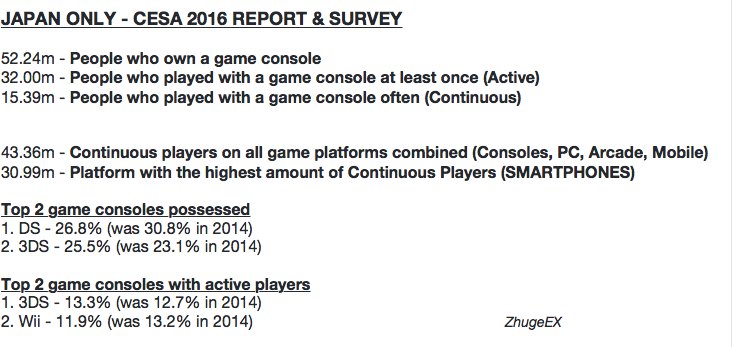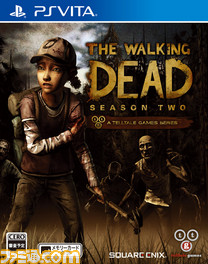While I think that's true for Summon Night, which went a way for a long time before being brought back, I don't think Star Ocean ever really had a major shift.
It's always been a sort of "once a generation" series, and aside from the short gap between the first two games, the gaps have been fairly consistent. There were five years between 2 and 3, six years between 3 and 4, and seven years between 4 and 5. Those gaps have gotten slightly longer, but I'm not sure that amounts to much. They didn't really stop making it, so much as they just kept putting them out on the same, fairly slow, schedule.
Star Ocean 3 sold very well, but they still waited years to do a sequel. I think that this current status is more like business as usual for Star Ocean, even if the last game might have disappointed to some extent. I would guess that the logic for Square and for tri-ace is not so dissimilar to the logic for Star Ocean 4, or for Star Ocean 3. "Star Ocean usually does well, and it feels like it's about time for a new one".
It's possible that logic won't work out, and that Star Ocean 5 will wind up disappointing in sales compared to the last one. But I don't really think this feels any different from a "why now?" perspective than previous titles.





